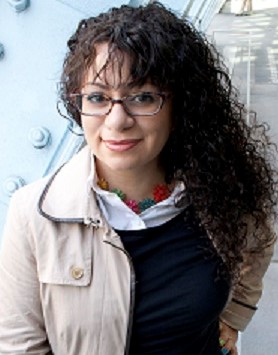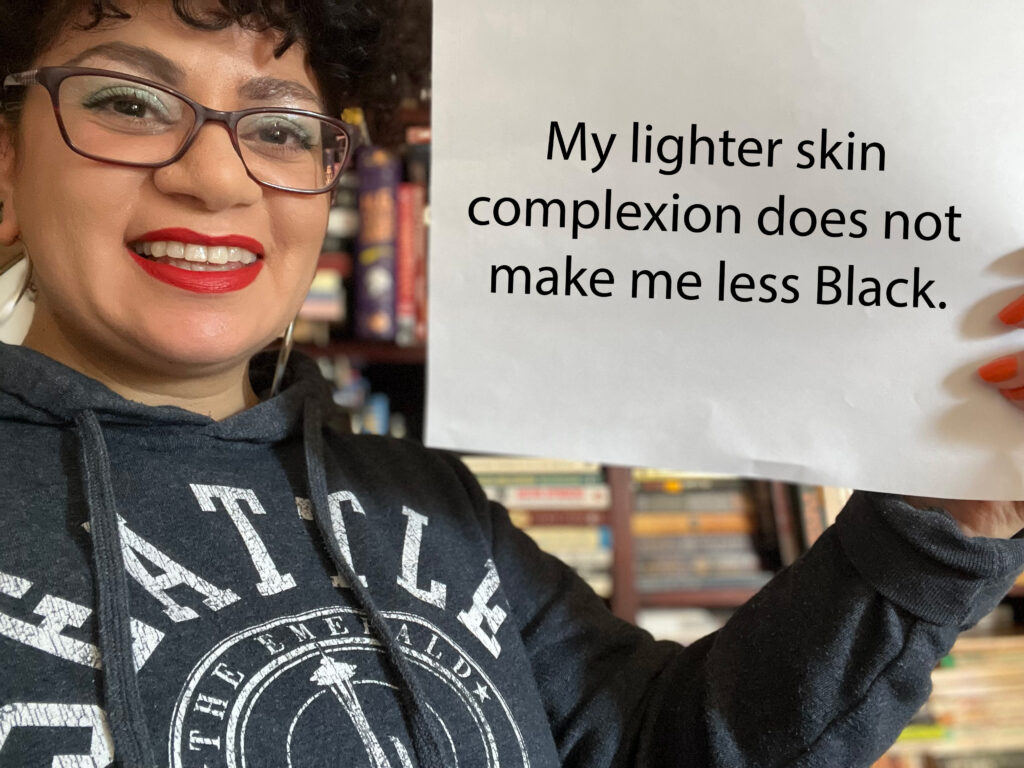
Trisha N Tinsley has 20 years of experience in social services and community organizing and has been training and coaching educators for the last eight years. She has a Bachelor of Arts in Psychology from Seattle University and has been trained and certified as a business and life coach. Having spent 12 years as a coach and a corporate trainer, she is now a full time Instructor and coach with restorative practices, social justice, and DEI work to support organizations and individuals to create long-lasting, whole systems change.
I was raised in Fairbanks, Alaska in the 1970s. We were one of very few black families living there. Both my parents wanted to escape the “mundane life” of the Midwest and become dog-sled racers. We developed a strong connection to the tribal members of Athabascan people of the interior of Alaska. I was exposed to many indigenous practices which are still a part of who I am today. I got a strong footing in what it means to have a strong Black identity while still respecting and being with other cultures.
Another thing that shaped my identity has been my light complexion, which I got from my mother. Being this light has been a non-stop topic of conversation around my legitimacy of Blackness, especially from non-Black people. Skin tone variation is a huge part of being Black in America, which has led to many conversations around colorism. I am often dismissed as a not being a “real Black person” and have been referred to as “an easier Black person to deal with because I have less Black in me.” I have been dismissed as “mixed,” because I don’t have a visually definable racial identity. I find myself often offended by these micro-aggressions.
While I knew from a very early age that my experience of racism was not as direct or prevalent as my darker-complexioned friends and family, I still only identify as Black. It was the only thing I knew and the only way that my parents, grandparents, and great-grandparents were defined. These two experiences have allowed me to reflect on how incredibly complex our identities can be and how to respect and appreciate those who are different from me.
